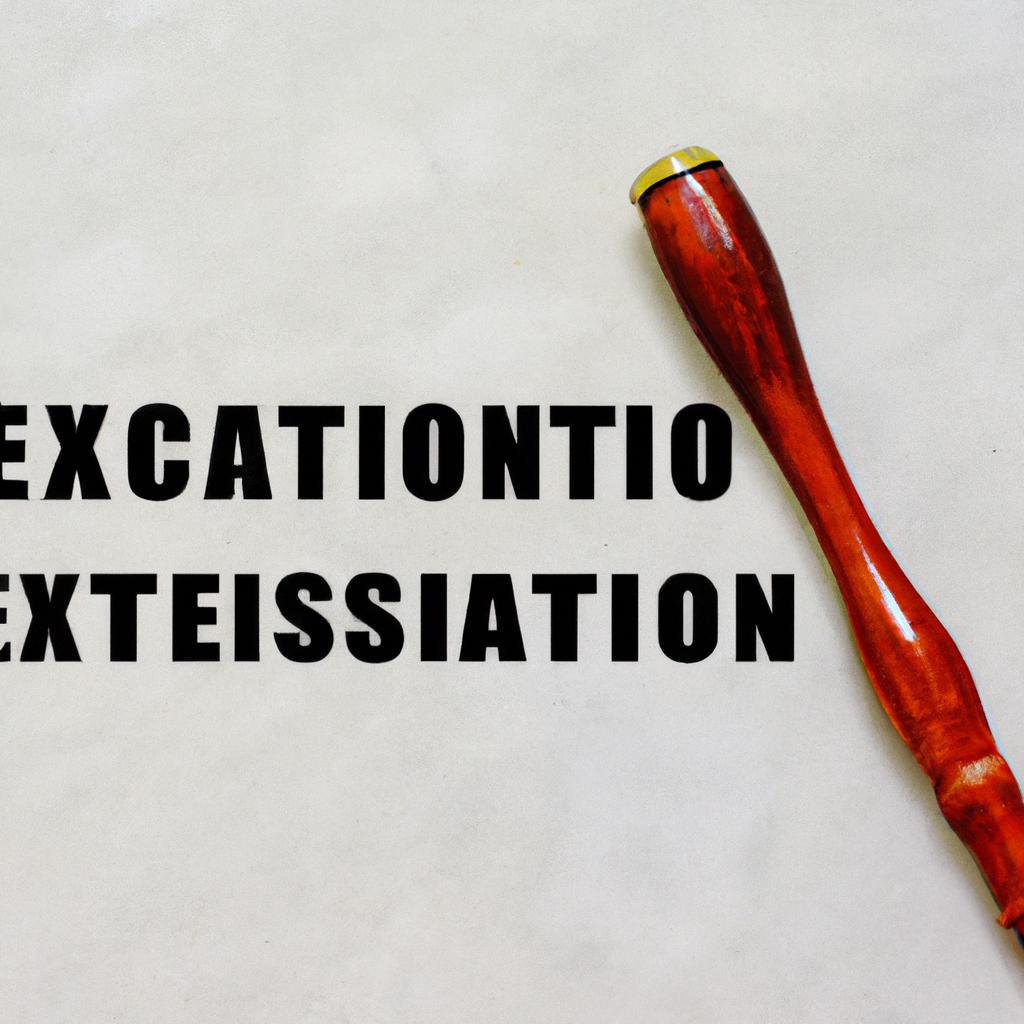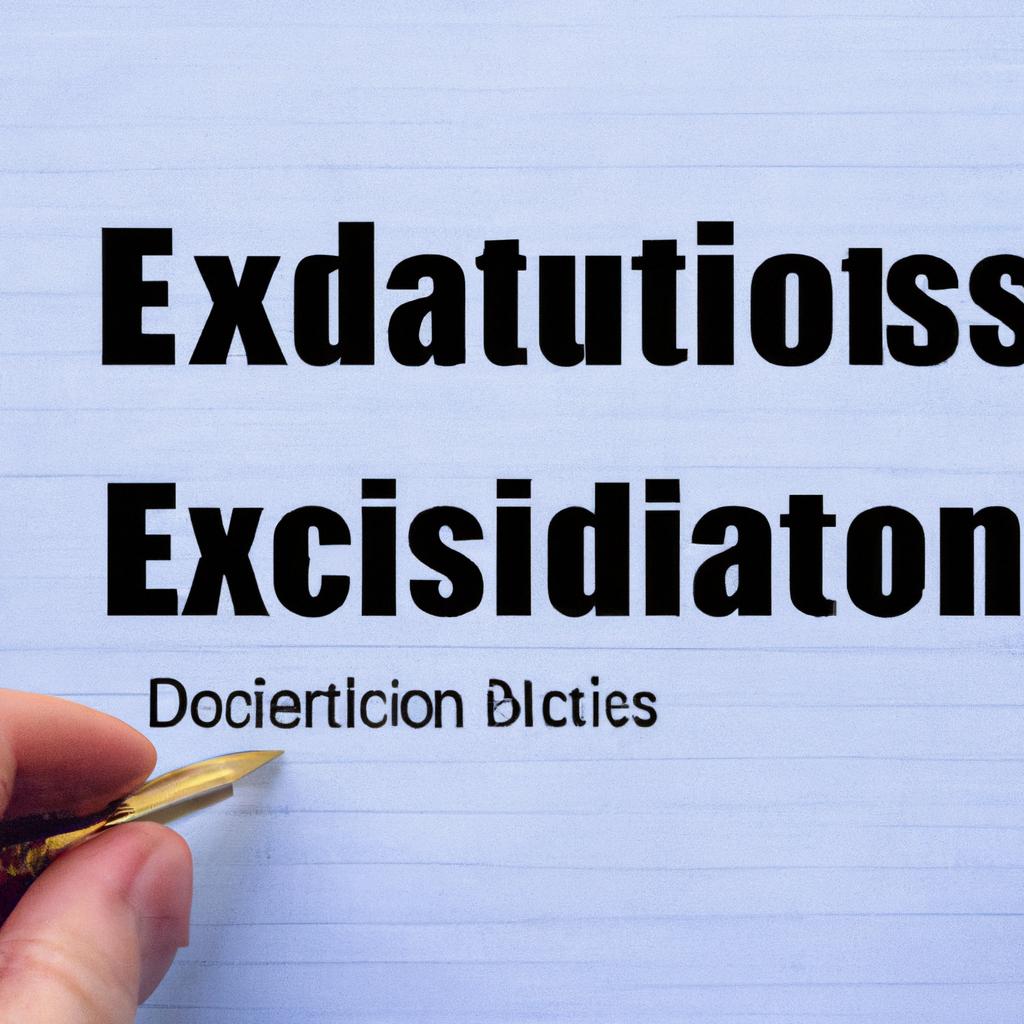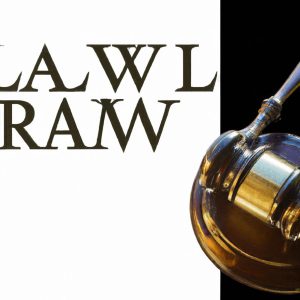As seasoned legal practitioners at Morgan Legal Group in the heart of New York City, we often navigate the nuanced world of estate planning, probate, elder law, Wills, and trusts. One crucial aspect of administering an estate is the selection of an executor, tasked with ensuring the wishes of the decedent are carried out smoothly. In this article, we explore the various factors that may disqualify an individual from serving as an executor and the potential implications of such disqualification.
Executor Disqualification Criteria: Understanding the Basics
When it comes to the disqualification criteria for executors, it is essential to understand the basics to ensure a smooth probate process. Executors play a crucial role in administering the estate of a deceased individual, so it is crucial to choose the right person for the job. Here are some common factors that may disqualify an individual from serving as an executor:
- Criminal Record: A felony conviction can disqualify an individual from serving as an executor.
- Conflict of Interest: If the potential executor has a conflict of interest with the estate or beneficiaries, they may be disqualified.
- Incapacity: If the individual is mentally or physically incapable of fulfilling the duties of an executor, they may be disqualified.
| Criteria | Explanation |
|---|---|
| Criminal Record | A felony conviction can disqualify an individual from serving as an executor. |
| Conflict of Interest | If the potential executor has a conflict of interest with the estate or beneficiaries, they may be disqualified. |
| Incapacity | If the individual is mentally or physically incapable of fulfilling the duties of an executor, they may be disqualified. |
It is crucial to carefully consider these factors when choosing an executor to avoid complications during the probate process. If you are unsure whether an individual meets the qualifications to serve as an executor, consulting with an experienced estate planning attorney can provide you with the guidance you need to make informed decisions.

Key Factors Leading to Executor Disqualification in Estate Administration
When it comes to estate administration, the role of an executor is crucial in ensuring that the wishes of the deceased are carried out smoothly. However, certain key factors can lead to the disqualification of an executor, preventing them from fulfilling their duties effectively. One common reason for disqualification is a conflict of interest, where the executor stands to benefit personally from the estate.
Another factor that can lead to executor disqualification is incompetence or incapacity. This includes situations where the executor lacks the necessary legal or financial knowledge to handle the estate administration process. Additionally, if the executor engages in misconduct or fails to perform their duties responsibly, they may be disqualified from their role. It is important for anyone considering naming an executor to understand these key factors to prevent any complications during the estate administration process.

Common Mistakes Leading to Executor Disqualification to Avoid
When it comes to being an executor of an estate, there are certain common mistakes that can lead to disqualification. One major mistake to avoid is not keeping accurate records of all financial transactions related to the estate. It is crucial to maintain detailed and organized records of all income, expenses, and distributions to ensure transparency and accountability.
Another mistake that can disqualify an executor is failing to act in the best interests of the beneficiaries. As an executor, it is important to always prioritize the needs and desires of the beneficiaries over personal interests. This includes making decisions that are in the best interest of the estate and not engaging in any self-dealing activities that could be seen as a conflict of interest.

Professional Guidance: Navigating Executor Disqualification Challenges
When it comes to the role of an executor, there are certain situations that can lead to disqualification from serving in that capacity. Understanding what disqualifies an executor is crucial for individuals navigating challenges in this area of estate planning. Executors may be disqualified for various reasons, including:
- Conflict of interest: If the executor stands to benefit personally from the estate and distribution of assets.
- Insolvency: If the executor is declared bankrupt or insolvent, they may be disqualified from handling the estate.
- Legal incapacity: If the executor is deemed legally incapacitated, they may not be fit to fulfill their duties.
In addition to these common reasons for disqualification, it’s important to consult with a knowledgeable estate planning attorney to navigate potential challenges. Executors play a crucial role in administering the estate and ensuring that the wishes of the deceased are carried out according to the law. By understanding the factors that can lead to disqualification, individuals can make informed decisions when selecting an executor for their own estate planning needs.
Q&A
Q: What disqualifies an executor from carrying out their duties?
A: There are several factors that can disqualify someone from serving as an executor of a will.
Q: Can a criminal record disqualify someone from being an executor?
A: Yes, a criminal record, especially one involving fraud or dishonesty, can disqualify someone from being an executor.
Q: Can a conflict of interest disqualify someone from being an executor?
A: Yes, if an individual has a conflict of interest with the deceased or any beneficiaries named in the will, they may be disqualified from serving as an executor.
Q: Can mental incapacity disqualify someone from being an executor?
A: Yes, if an individual is deemed mentally incapacitated and unable to make sound decisions, they may be disqualified from serving as an executor.
Q: Can being a minor disqualify someone from being an executor?
A: Yes, being a minor can disqualify someone from serving as an executor as they are not legally able to fulfill the responsibilities of the role.
Q: Can incompetence or lack of financial responsibility disqualify someone from being an executor?
A: Yes, if an individual is deemed incompetent or has a history of financial irresponsibility, they may be disqualified from serving as an executor to ensure the proper management of the estate.
The Conclusion
In conclusion, serving as an executor of an estate is a crucial role that comes with great responsibility. It is important to understand the potential disqualifications and to ensure that you meet all necessary requirements before taking on this task. By being aware of what can disqualify an executor, you can help to ensure a smooth and successful administration of the estate. Thank you for reading and we hope this information has been helpful in guiding you through the executor selection process.












